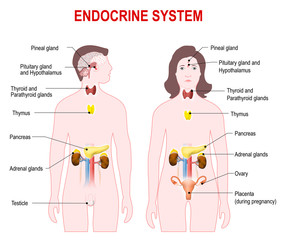- A Neural
- B Psychogenic
- C Hormonal
- D Vascular
- Share this MCQ
Erectile dysfunction (ED) is the inability to achieve or maintain an erection during sexual activity. ED can be classified into several types based on its underlying cause. One of these types is psychogenic ED, which is caused by psychological factors such as depression, anxiety, and stress. Psychogenic ED is the second most common type of ED after vascular ED. Depression is a common cause of psychogenic ED and can lead to decreased sexual desire and performance anxiety.
Depression can affect various aspects of sexual function, including libido, erectile function, and ejaculation. Patients with depression may experience ED due to alterations in the levels of neurotransmitters such as serotonin and dopamine, which are responsible for regulating sexual function. In addition, depression can affect the hypothalamic-pituitary-gonadal (HPG) axis, which controls the production of testosterone, a hormone that plays a crucial role in erectile function.
Psychogenic ED is usually diagnosed based on a comprehensive medical history, physical examination, and psychological assessment. The treatment of psychogenic ED involves addressing the underlying psychological issues through psychotherapy or counseling. In some cases, medication such as phosphodiesterase type 5 inhibitors (PDE5 inhibitors) may also be prescribed to improve erectile function.
In summary, psychogenic ED is a type of erectile dysfunction caused by psychological factors such as depression, anxiety, and stress. Depression is a common cause of psychogenic ED and can affect various aspects of sexual function. The treatment of psychogenic ED involves addressing the underlying psychological issues through psychotherapy or counseling.
Share this MCQ
 Integumentary system
Integumentary system  Embedded system
Embedded system  Endocrine system
Endocrine system  জীবদেহের গঠন
জীবদেহের গঠন  কোশের আকৃতি
কোশের আকৃতি  মানুষের দেহের কোশের আকৃতি
মানুষের দেহের কোশের আকৃতি  বিভিন্ন শারীরবৃত্তীয় কাজ
বিভিন্ন শারীরবৃত্তীয় কাজ  উদ্ভিদদেহে ও প্রাণীদেহে কোশের কাজের বিশেষত্ব ও কলার প্রকারভেদ
উদ্ভিদদেহে ও প্রাণীদেহে কোশের কাজের বিশেষত্ব ও কলার প্রকারভেদ  প্রাণীকোশের গঠন
প্রাণীকোশের গঠন